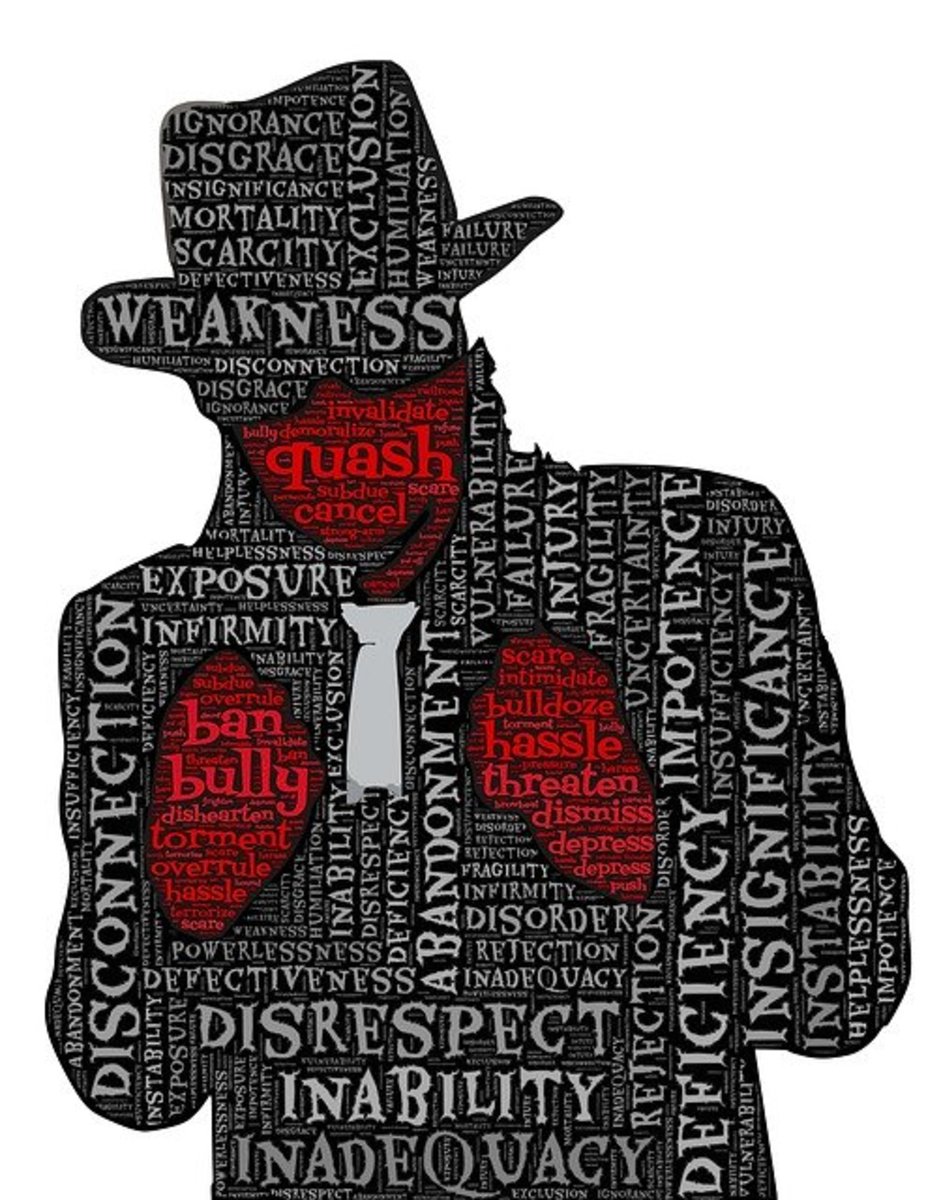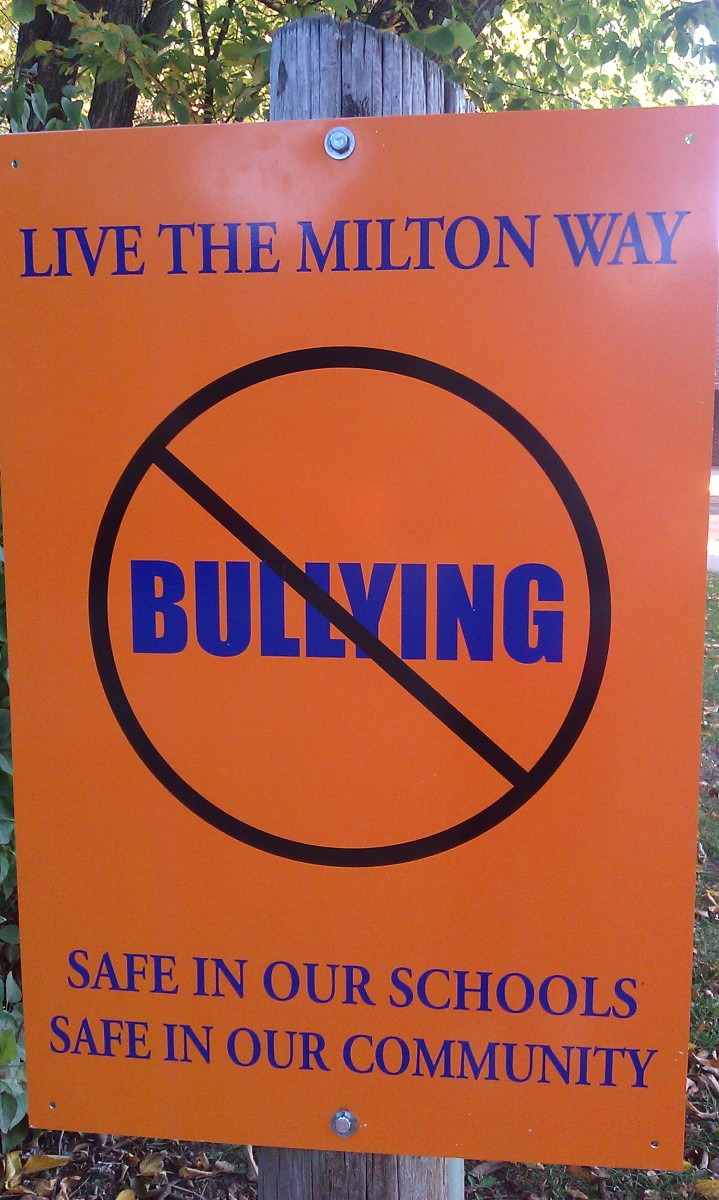Verbal Abuse
What is verbal violence?
Verbal violence is one out of many ways to humiliate and offend some people. Although at first it may appear to be the mildest form of violence, it may actually be the most severe form of violence because it may harm the human psyche and brain. Continuous verbal violence can lead a person to do self-harm, and even to a suicide.

The words with which a child's heart is poisoned, whether through malice or through ignorance, remain branded in his memory, and sooner or later they burn his soul.
— Carlos Ruiz Zafon5 Ways To Avoid Verbal Violence
What are the most effective ways to avoid verbal abuse?
- Abuse is never justified so, you should never feel that it is your fault.
If you are being abused, there is nothing you have done to justify that. The fault is in the person who is abusing you, it's not your's. Taking a stand and opposing to the abuser is always the right thing to do. - Let the abuser know how hurtful their words are to you.
Try to open a conversation with the abuser and tell them how it affects your thinking and how it does brain damage. - Never keep quiet if someone is verbally abusing you.
Surround yourself with family and friends. Let them know how you feel and what you're going through. Two or more heads are always better than one. - Never return an insult to the abuser.
Returning an insult or a bad word to the abuser is never the right way to confront them. It may only give them a "push to the back" and they will probably keep on abusing you. - Do not engage in conflict with your abuser.
If your abuser gets angry at you and starts yelling or insulting you, stay calm and proceed with what you were doing. Ignoring is the best way of avoiding verbal abuse.
Effects of Verbal Abuse
What are the most common effects of verbal abuse?
- Depression
- Anxiety
- Self-doubt
- Insecurity
- Self-harm
- Physical violence

© 2019 Adin Bradic








